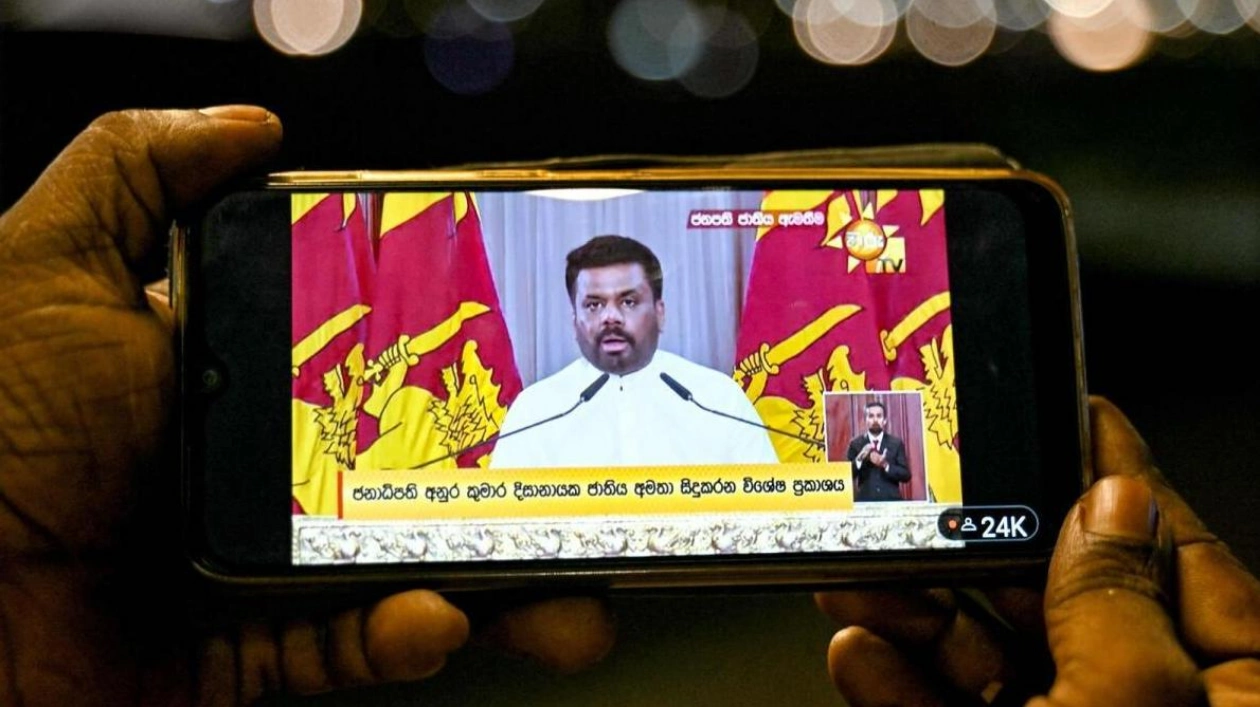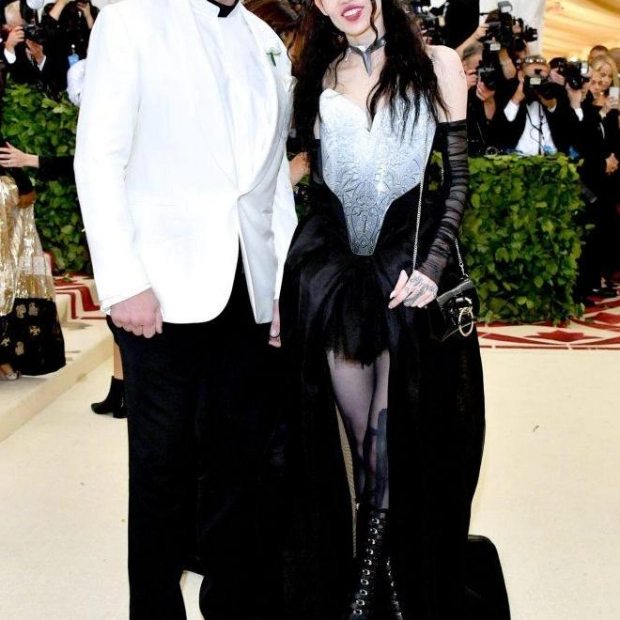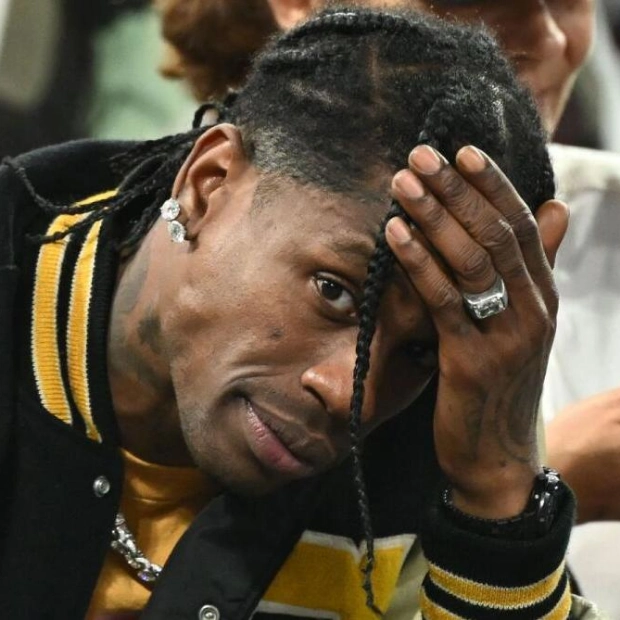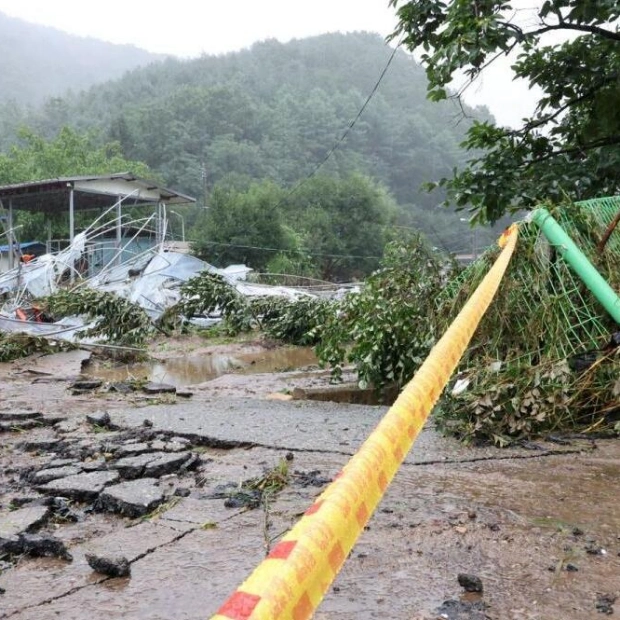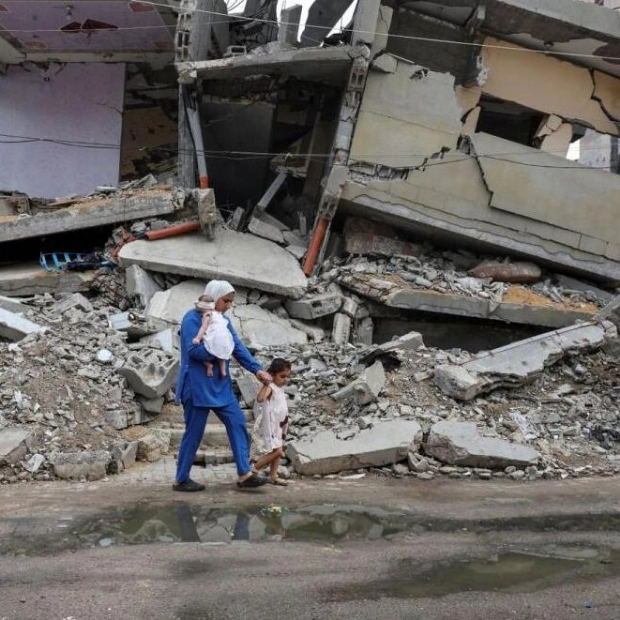Sri Lanka's newly elected president, Anura Kumara Dissanayake, has urged for the immediate resumption of talks with the International Monetary Fund (IMF) regarding a $2.9 billion bailout package that provided crucial support to the bankrupt nation but also enforced stringent austerity measures. Dissanayake, a self-proclaimed Marxist, secured a decisive victory in last week's election, promising to reverse steep tax increases, boost public sector salaries, and renegotiate the IMF rescue package secured by his predecessor.
The 2023 bailout played a pivotal role in alleviating crippling shortages of food, fuel, and medicine, and facilitated the return of economic growth. However, the austerity measures imposed by the bailout have left millions of Sri Lankans struggling to make ends meet. In a televised address to the nation, Dissanayake announced his intention to commence negotiations with the IMF without delay. Additionally, he expressed his desire to finalize a deal for the restructuring of international sovereign bonds and to secure further concessions for the financially strained nation.
Dissanayake's call to resume talks with the IMF followed the lender's indication that it was prepared to engage with the new administration. An IMF spokesperson in Washington stated on Monday that they were eager to collaborate with President Dissanayake to build upon the progress made in stabilizing Sri Lanka's economy. The spokesperson also mentioned that discussions regarding the timing of the third review of the IMF-supported program would be held with the new administration as soon as feasible.
However, analysts suggest that Dissanayake may have limited scope to renegotiate the terms of the bailout. Murtaza Jafferjee of Colombo-based economic think tank Advocata noted that the IMF is unlikely to compromise on key aspects of the $2.9 billion bailout, including prohibitions on money printing and revenue and spending targets agreed upon by the previous administration. The 2022 financial crisis in Sri Lanka, which led to the bailout, has been a turning point for Dissanayake, whose popularity surged after he pledged to reform the island's allegedly corrupt political landscape. Dissanayake emerged victorious in the presidential election, securing over 1.2 million more votes than his closest rival. His predecessor, Ranil Wickremesinghe, who had implemented unpopular austerity measures under the IMF package, finished a distant third.
On Tuesday, Dissanayake dissolved the 225-member parliament, in which his once-marginal party held only three seats, and called for fresh elections to be held on November 14, nearly a year ahead of schedule.
